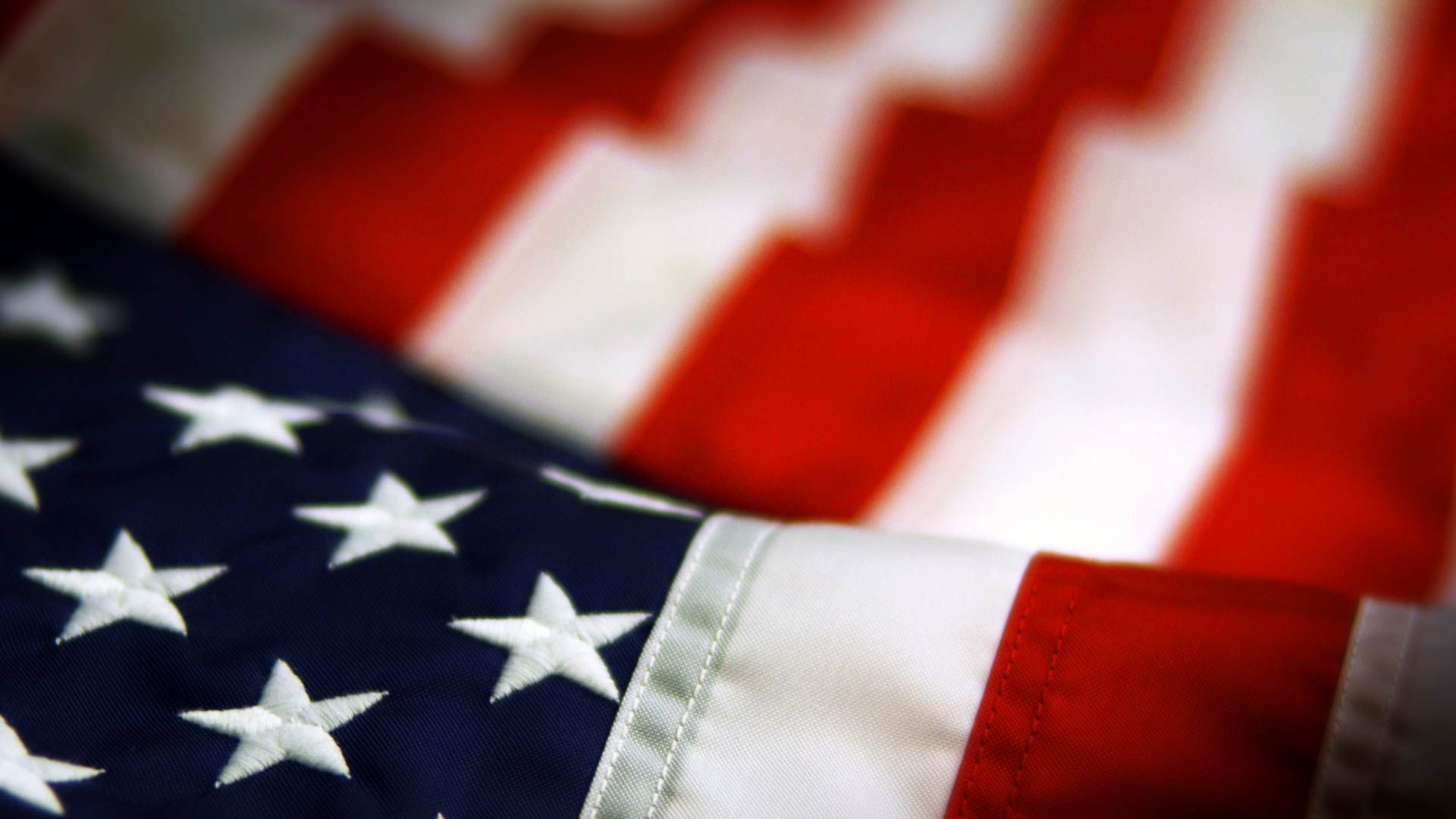A Letter From One Veteran to Another

It’s been a few years since you were in the service and your hair is a little longer, you wake up a little later, and you’ve probably called in to skip work once or twice because you just didn’t feel like going in. You’ve got a new routine that doesn’t include missing birthdays and holidays every other year or shaving every day whether you need it or not. Perhaps you’ve started school or a new career and you go to the lake every other weekend like you promised yourself during those long nights in the guard tower during your second deployment. Maybe your stress disappeared when you drove out the gates of Fort Stewart or Camp Lejeune and you’ve never had a bad day since.
For some of us veterans, life after the military has been the magical honeymoon that exceeded the wildest daydreams we ever had while waiting for the commander to deliver the Friday afternoon safety brief. I’ve never met any of these men and women, have you?
Life is challenging. Stress exists. No different in civilian life than when you wore the uniform. It’s hard to avoid. What you can do is make sure you are as prepared as you can be to cope with it. We can all benefit from repurposing some of the stress reduction techniques that served us well in the military:
- PT (yes, even the Air Force did it) – We don’t need to do a log run at 6:30 in the morning or sit-ups to see the physical and mental benefits of exercise. A 20-minute walk during your lunch hour a few times a week will do wonders for your mood.
- Hanging out at the smoke pit – OK, this writer DOES NOT recommend smoking. You worked so hard to kick that habit. Instead, spend some time away from your duties to socialize in an informal setting. Whether it’s the water cooler, the student lounge, or leaning on your lawnmower and talking to your neighbor: Just Do It.
- MRE masterpieces – Remember the soldier who could turn some vegetable crackers, cocoa powder, and hot sauce into 5-star experience? That’s called “mastery.” What is your “mastery?” If you know, spend more time doing it. If not, figure it out and spend time doing it.
- Letters from Home – Whether it was Basic Training or a deployment, mail call was often the best part of our day or week. Seeing that someone cared enough about you to write you a real letter was a big deal. Send some letters, get some back, repeat.
The point here is this—as memorable or as tough as some of the times we faced were, we needed each other and we depended on each other. We did it together. We lived our motto of nobody left behind. We still do. Some of you might not be coping with civilian life as well as you’d like. You and your family know that.
A skilled professional like your Staff Sergeant (with that huge mustache that went out of style in the ‘70’s) can impart some useful wisdom when you need it most. Like when he told you you’re going to be learning something new. We will get you the tools you need to succeed, you’re not alone. You took the lessons you learned from that guy and applied them going forward. Same can be said about working with a counselor. Meet with a professional for a time, learn some things, practice them on your own time, and Continue Mission. Call our Veterans and Military Families team at 303-432-5054 for more information.
Resource Categories
- Addiction & Substance Use
- Anxiety
- Child Mental Health
- Crisis and Trauma
- Depression
- Exercise
- Just The Facts
- LGBTQIA+ & Pride
- Medicaid
- Men’s Mental Health
- Parenting
- Recovery
- Senior and Older Adult
- Socializing
- Stigma
- Stress
- Suicide Prevention
- Support & Advocacy
- Teen’s Mental Health
- Treatment Options
- Women’s Mental Health